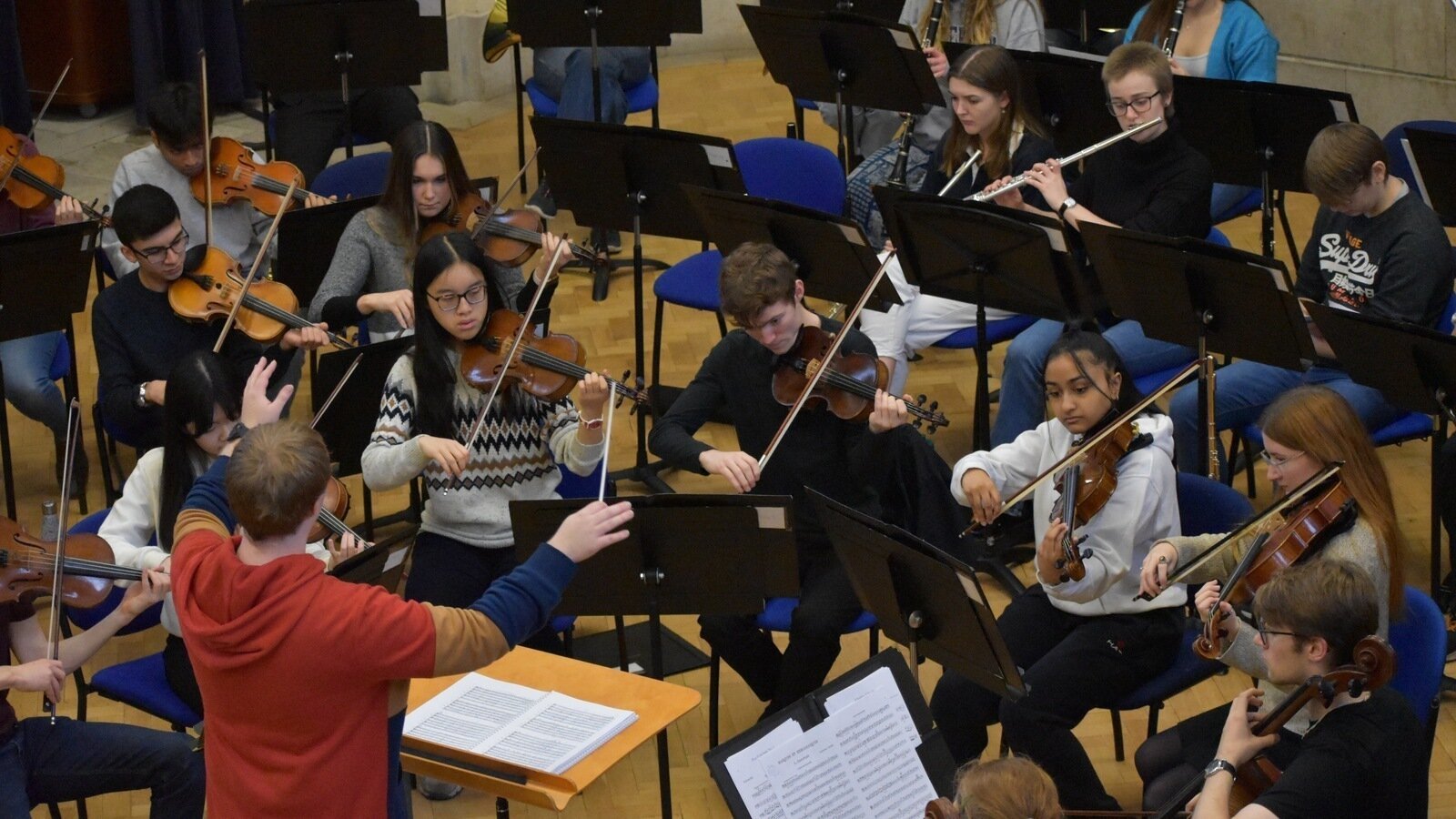University of Nottingham to suspend music courses
- Sami de Jong
- Nov 13, 2025
- 4 min read
Last week, the University of Nottingham announced that from next academic year, Music (alongside 15 other courses) will be suspended from the university’s programme. This policy — which is consistent with the University of Nottingham’s previous track record of reducing spending on students, laying off staff, and reducing course sizes — is emblematic of a broader systemic issue affecting the UK university system. The Mic's Sami de Jong reports.
When the United Kingdom was a member of the European Union, universities received massive amounts of funding from Europe: funding which has been irrevocably lost as a result of Brexit. Attempts to replicate such funding, such as the Shared Prosperity Fund and the EU Horizon Funding Scheme, have proved inadequate in replacing what was a large source of income for UK universities. Since Brexit, capital funding has almost halved (from £150m to £84m). On top of this, inflation in the UK has risen drastically, but tuition fees have remained relatively fixed, meaning that universities have had to rely on an increase in international students (who can be charged as much as the universities desire); as a result, some universities have even lowered grade boundaries for international students. However, because international students are included in the UK’s immigration statistics, a populist Labour government has committed to granting fewer student visas, and so international students are effectively being deterred from UK study.
The effects of this funding crisis have been tangible nationwide, with a large portion of UK universities reducing investment in research and removing courses, module options, and entire departments, inevitably leading to extensive staff lay-offs. The University of Nottingham is no stranger to such practices: in April, the university announced that it was to cut at least 258 jobs, with over 4,000 staff members being notified that their positions were at risk. The university’s poor economic position has only been worsened by what seem to be some very poor financial decisions, including the costly purchase of Castle Meadow campus, which has yielded no gains for the university even after £91m in investment.
So why is Music now on the chopping block? The phenomenon of discarding Music as a subject of lesser value results from 14 years of relentless defunding and contempt for the subject by a Conservative government. Between 2010–2015, the budget of the Department for Culture, Media and Sport was reduced by £3 billion, and Arts Council England’s budget was substantially trimmed. The 2010 English Baccalaureate failed to include any arts as compulsory subjects, and students were instilled with an undervaluation of the arts by efforts to increase participation in STEM subjects. This has been reflected in the number of GCSE arts students declining by over 40% since 2010. The University of Nottingham is not the first university to cut Music as a result of this diminishment of the subject’s status.
This devaluation of Music has had a catastrophic impact on the music industry. With less funding going into the arts, the gateway for people to get into music is narrowing, with many put off by the thought of studying a less “useful” subject. This underfunding, coupled with the financial impact of Brexit and the COVID pandemic, has led to lower income and fewer jobs across the sector, meaning that only people in a privileged financial position can pursue the arts. This disproportionately excludes people from BAME communities who are more likely to come from lower socioeconomic backgrounds, meaning that diversity in the industry is also at risk.
Keir Starmer is aware of the issue, having stated at the Labour Creatives Conference (March 2024) that “it’s working-class kids who bear the brunt of that collapse in the arts.” Despite this, the sector has yet to receive any substantial aid from the government. In contrast, the Republic of Ireland has plans to roll out a Basic Income for the Arts scheme, aimed at providing creatives with a living wage. The pilot scheme in 2022 already saw widespread success in widening access to the arts and encouraging creatives to continue working in the arts sector, in spite of financial hardship.
The need to support the arts in the UK has never been greater, which only exacerbates the impact of the University of Nottingham’s decision to remove Music from the curriculum. University of Nottingham student and Mic Managing Director Liz Clarke notes that, while university is not necessarily essential to musical success, “music degrees teach people to build connections in the industry and perform with others,” also providing access to specialist equipment that many cannot otherwise access, “particularly those of us from disadvantaged backgrounds.” Cutting funding and access to the arts only “promotes the idea that careers in music are only for certain types of people.”
The University and College Union intends to fight the decision through strike action and demonstrations. A handful of petitions are already gaining support, and influential alumni, such as Sam Watts (TV composer), have voiced their concerns about the university’s choice. The union has had success in the past, with Cardiff University’s plans to scrap Music, alongside other courses, being overturned as a result of consistent pressure, including support from musicians such as Sir Elton John, Stormzy, and Ed Sheeran. The precedent of Cardiff suggests that the University of Nottingham’s decision might not be final: for those who wish to challenge the cuts, now is the time to voice your concern.
If you want to get involved, sign the petition below:
Sami de Jong
Edited by Daniela Roux










Comments